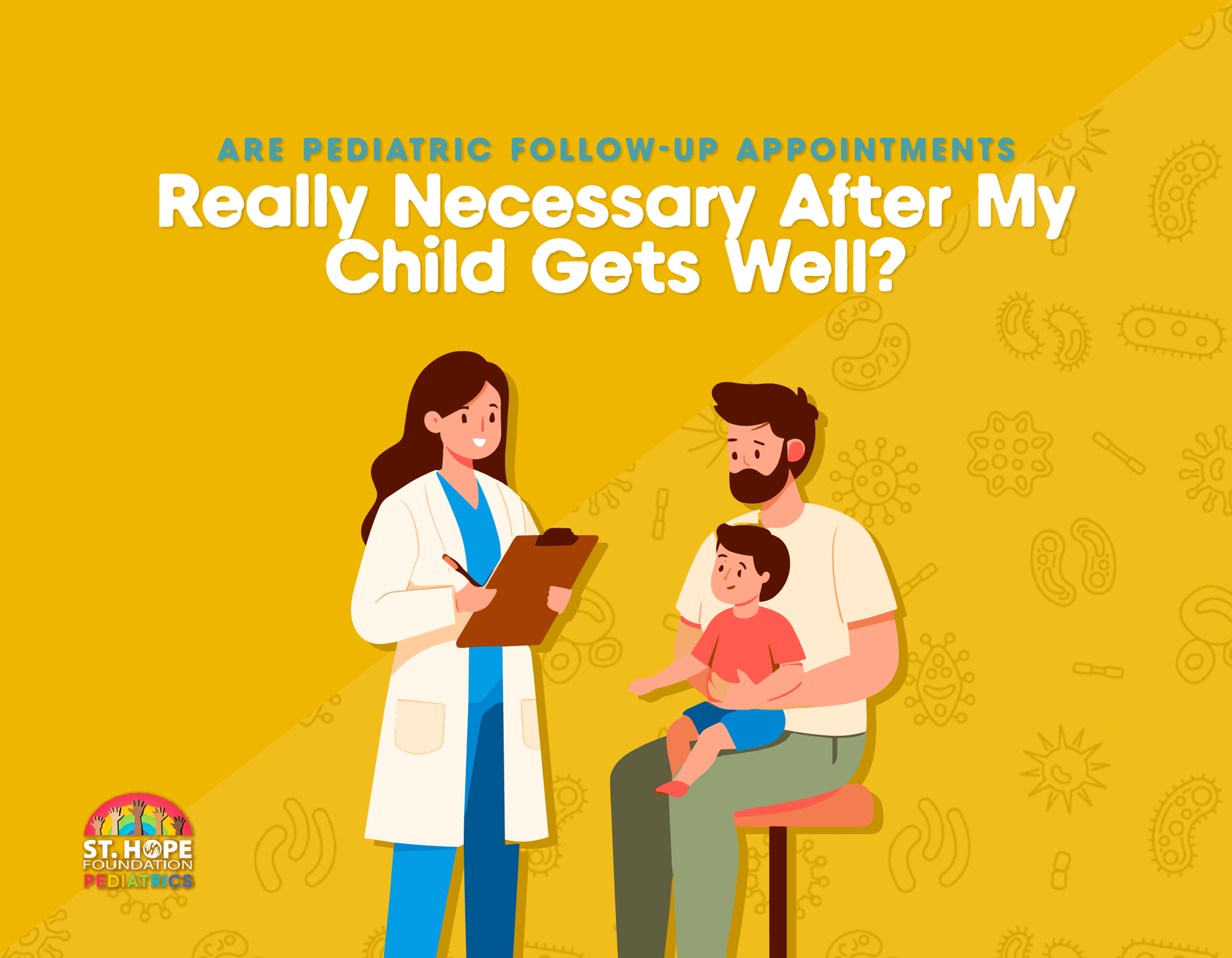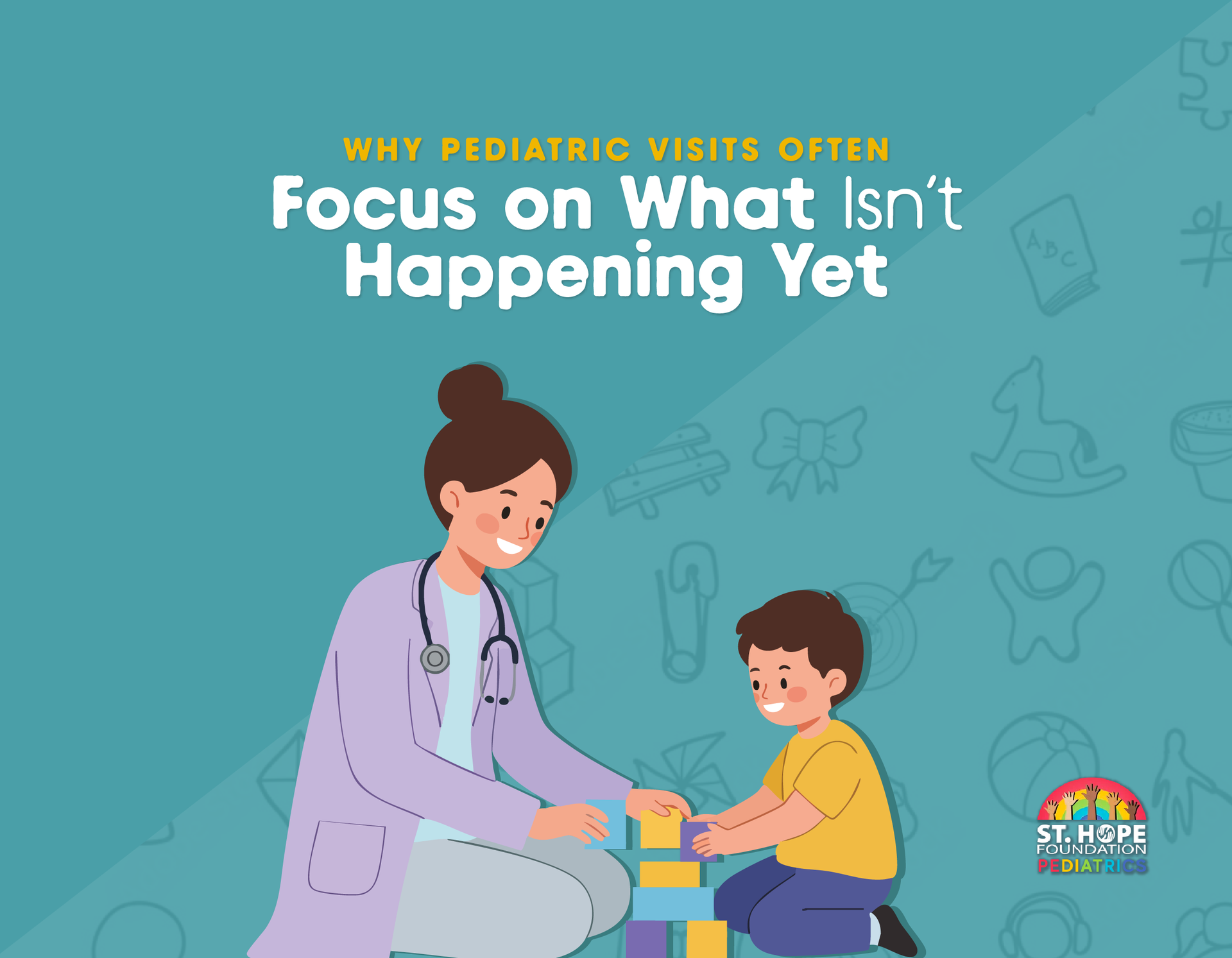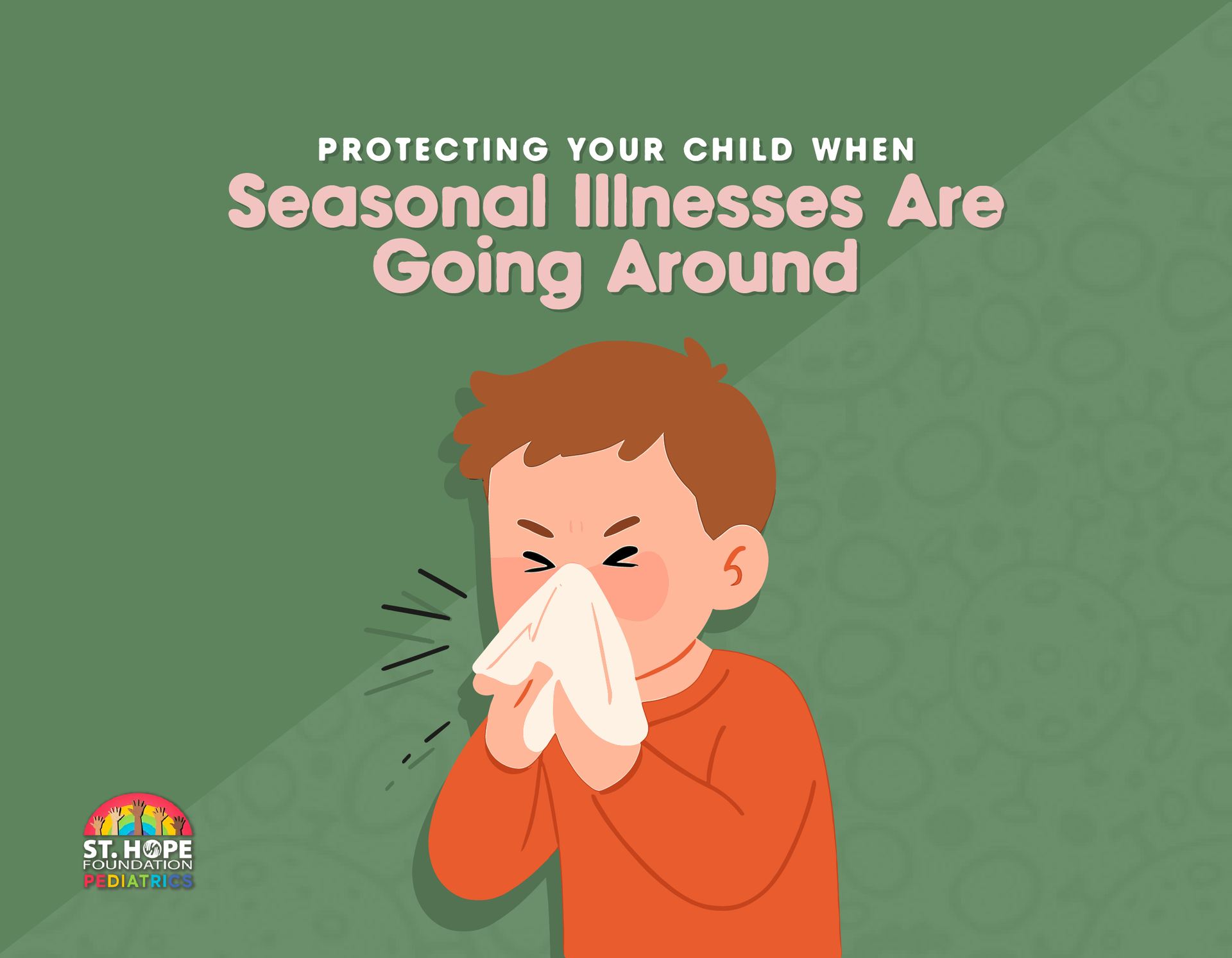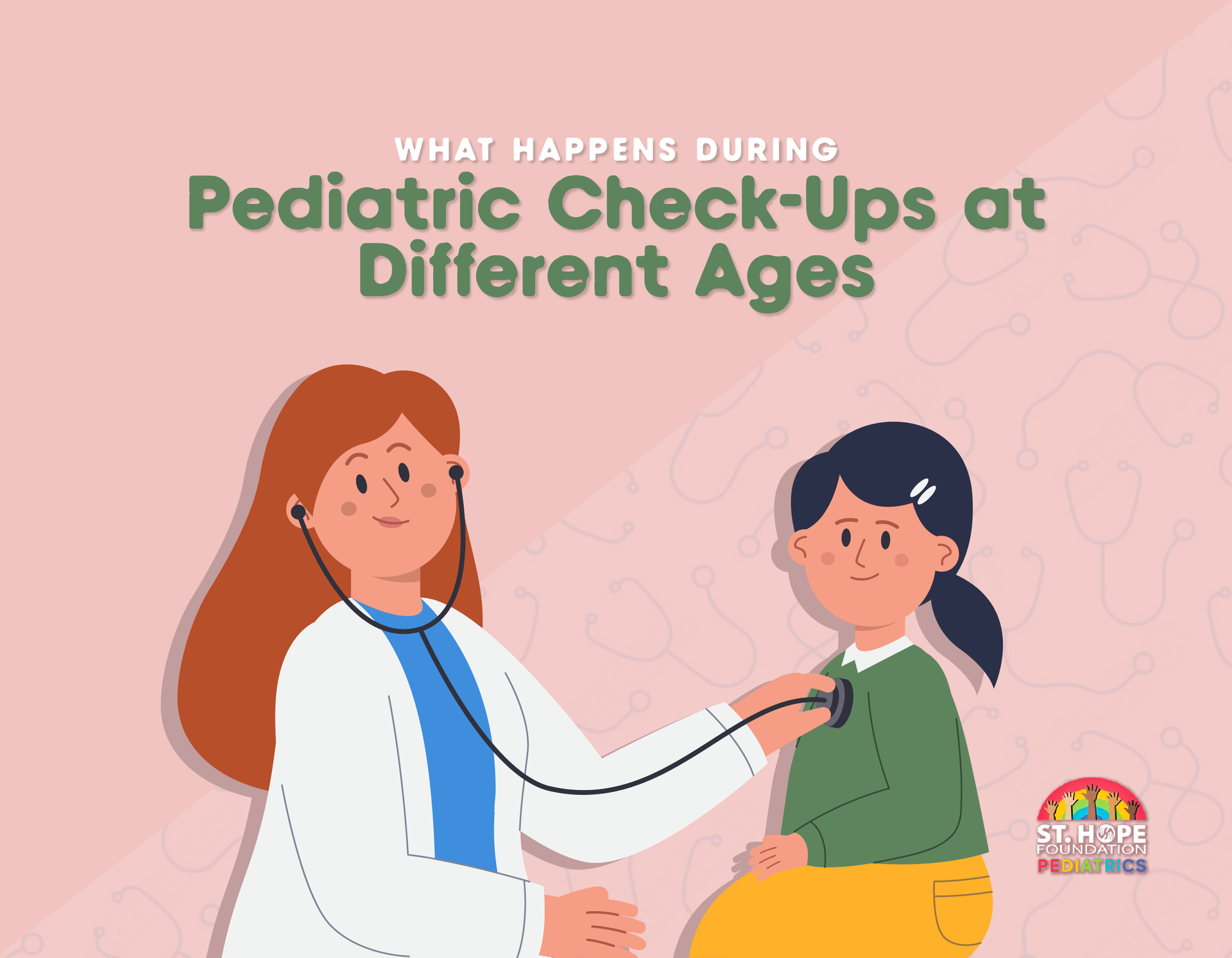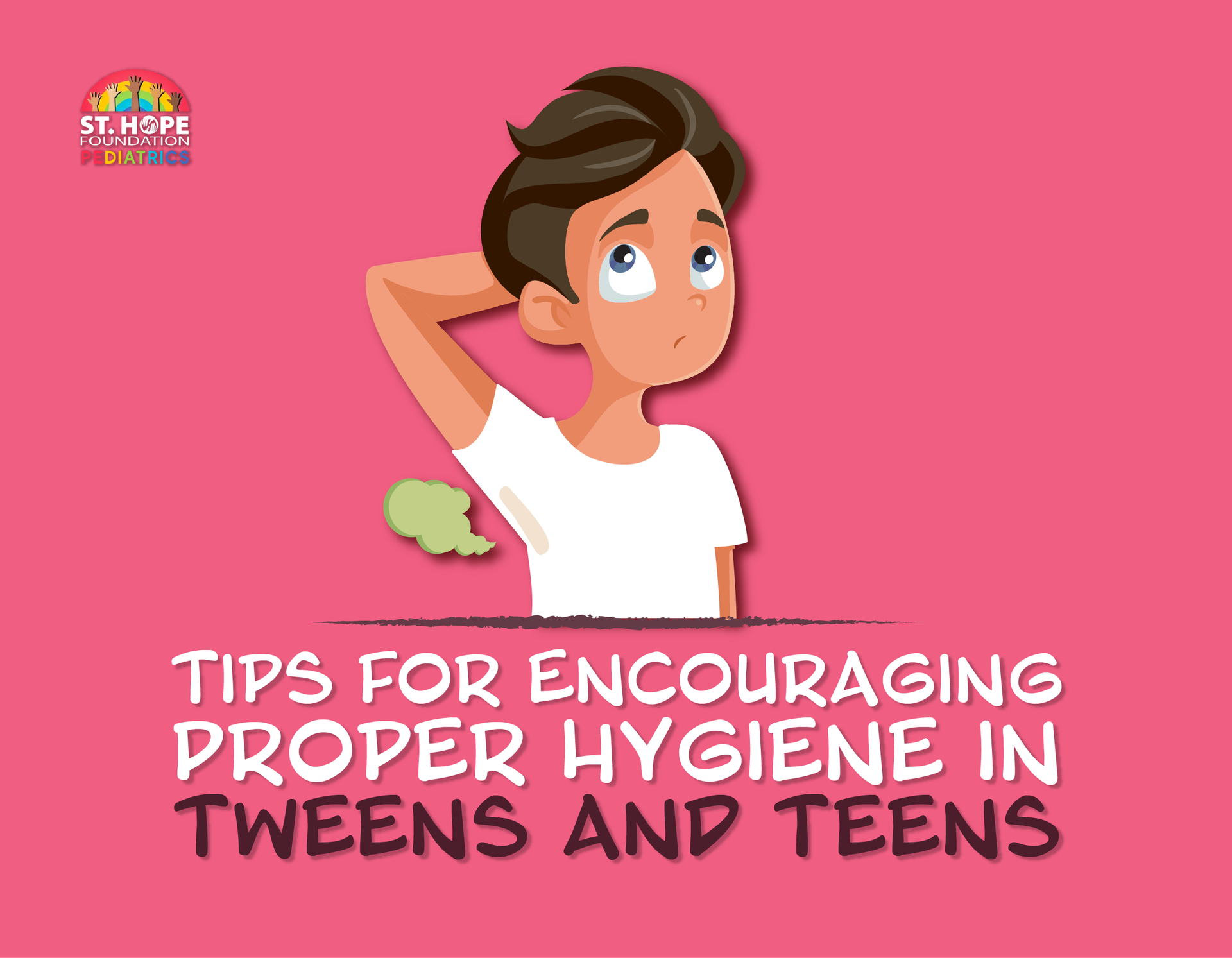
As children move into their tween and teen years, personal hygiene becomes more important and often more challenging. Puberty brings changes like increased body odor, oily skin and sweat, and many parents find themselves constantly reminding their kids to shower, wear deodorant or brush their teeth.
But hygiene isn’t just about staying clean. It’s about building lifelong habits that support health, confidence and social well-being. At St. Hope Pediatrics, we know this stage can be tricky, so we’re here to help you navigate it with realistic, age-appropriate strategies.
Normalize the Conversation
Talking about hygiene shouldn’t feel embarrassing or awkward. From an early age, normalize discussions about body care as just another part of growing up. Try to use simple, factual language to explain changes in their body:
- "Your body is starting to produce more sweat, so it’s important to use deodorant every day."
- "Your skin may be oilier now, so washing your face regularly can help prevent breakouts."
Avoid outright shaming. Many kids will dig in harder if they feel attacked. But being direct is better than sugarcoating.
Create a Daily Routine
Tweens and teens thrive with structure. A daily hygiene routine makes it easier for them to build consistency. Consider a checklist that includes:
- Brushing teeth in the morning and evening
- Daily deodorant use
- Washing their face (morning and night if needed)
- Showering regularly (daily or every other day)
- Changing clothes and underwear daily
A checklist taped to the bathroom mirror can help them remember not to skip steps, especially if mornings are rushed or they tend to get distracted.
Teach the Why Behind Each Task
Many kids are more cooperative when they understand why hygiene matters. Explain that brushing teeth helps prevent cavities and bad breath, that washing their face helps with acne, and that clean clothes reduce body odor. You can also connect hygiene to things they care about:
- "People can usually smell you before you smell yourself, especially in gym class."
- "Washing your face won’t guarantee perfect skin, but skipping it definitely won’t help.”
- "If you like someone, smelling like sweat probably won’t help your case."
Most kids are more willing to do something if they know it will have an actual impact on their comfort, happiness or interactions. Hygiene might seem like a hassle to tweens and teens who haven’t had to worry about it before, but real consequences, like smelling bad, having greasy hair or getting teased by peers, can make it click.
It’s ideal if you can get them to take hygiene seriously before they suffer those consequences, but that’s not always possible.
Let Them Choose Their Products
Tweens and teens are developing their own sense of identity, and giving them ownership over hygiene products can be motivating. Let them choose:
- A face wash or acne treatment they feel comfortable using
- A scent of deodorant or body wash they like
- Their own toothbrush, toothpaste or hair products
Letting them pick stuff out makes them more likely to actually use it. Just make sure to guide them toward age-appropriate and dermatologist-approved options if skin sensitivity is a concern.
Expect Pushback and Don’t Take It Personally
Some kids genuinely forget. Others just don’t care yet. Either way, a little resistance is normal. You don’t have to yell or shame them, but you also don’t need to tiptoe around it. Keep the expectations clear: clean yourself, wear deodorant and don’t leave a funk cloud in your wake. Consistency and follow-through work better than nagging or lectures.
Model Good Hygiene Yourself
Kids learn by example. If they never see you brush your teeth or wash your face, they’re not going to take it seriously when you tell them they need to do it.
Let Our Houston Healthcare Professionals Support Your Tween or Teen
If your child has chronic body odor, severe acne, dandruff or struggles with hygiene despite your efforts, it may be time to bring in a healthcare professional. Medical or mental health concerns, such as depression, ADHD or anxiety, can sometimes interfere with daily self-care.
At St. Hope Pediatrics, we work with families to identify challenges and provide gentle, age-appropriate support. Whether your child needs guidance on managing acne, a referral to a dermatologist or help building routines that work for them, we’re here to help.
Helping your child develop strong hygiene habits is one of the best ways to support their independence and confidence during the tween and teen years, and our pediatricians are here to help if your family is facing challenges. Schedule a visit with St. Hope Pediatrics by calling (713) 778-1300.

